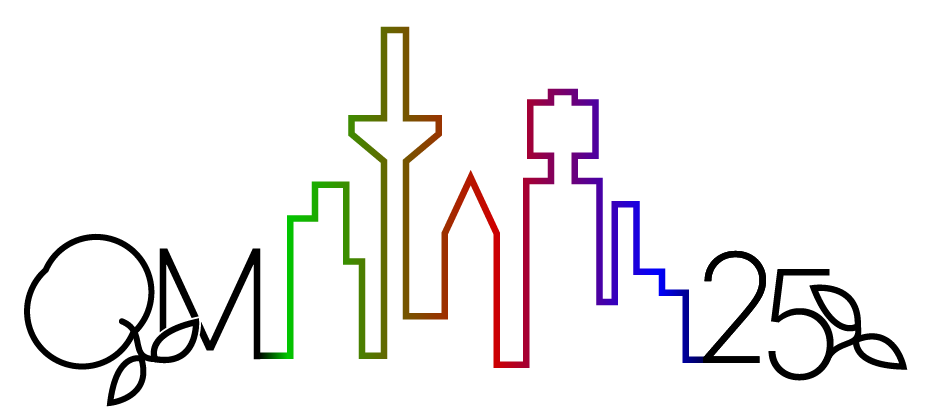Speaker
Description
Approximately fifty years ago, the polarization of $\Lambda$ hyperons produced in unpolarized proton-beryllium collisions was discovered, though the origin of this phenomenon remains elusive. Many studies indicate that final-state effects, particularly from hadronization, play a significant role. Recently, it has been proposed that spin correlations of $\Lambda$ hyperons could provide insight into the underlying mechanisms of $\Lambda$ polarization. In this talk, we report the first experimental measurements of $\Lambda\bar{\Lambda}$, $\Lambda\Lambda$, and $\bar{\Lambda}\bar{\Lambda}$ spin-spin correlations in $p$+$p$ collisions at $\sqrt{s} = 200\,\textrm{GeV}$, as recorded by the STAR experiment in 2012. Both short-range ($|\Delta y| < 0.5$ and $|\Delta \phi| < \pi/3$) and long-range ($0.5 < |\Delta y| < 2.0$, or $\pi/3 < |\Delta \phi| < \pi$) $\Lambda$ hyperon pairs were measured. We will discuss the implications of the measured spin-spin correlations in relation to the longstanding puzzle of $\Lambda$ hyperon polarization, offering new insights into the hadronization of strange quarks.
| Category | Experiment |
|---|---|
| Collaboration (if applicable) | STAR |
